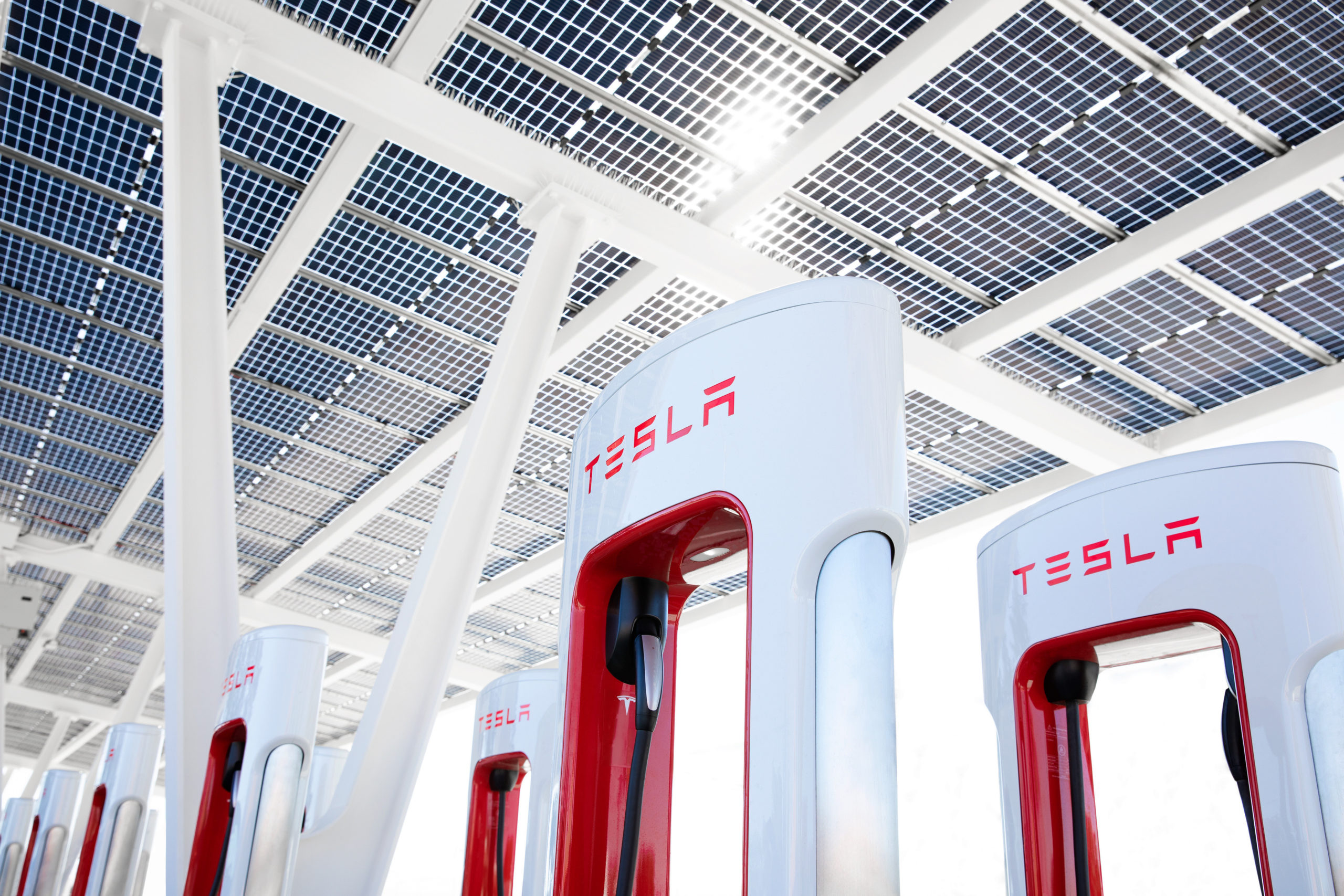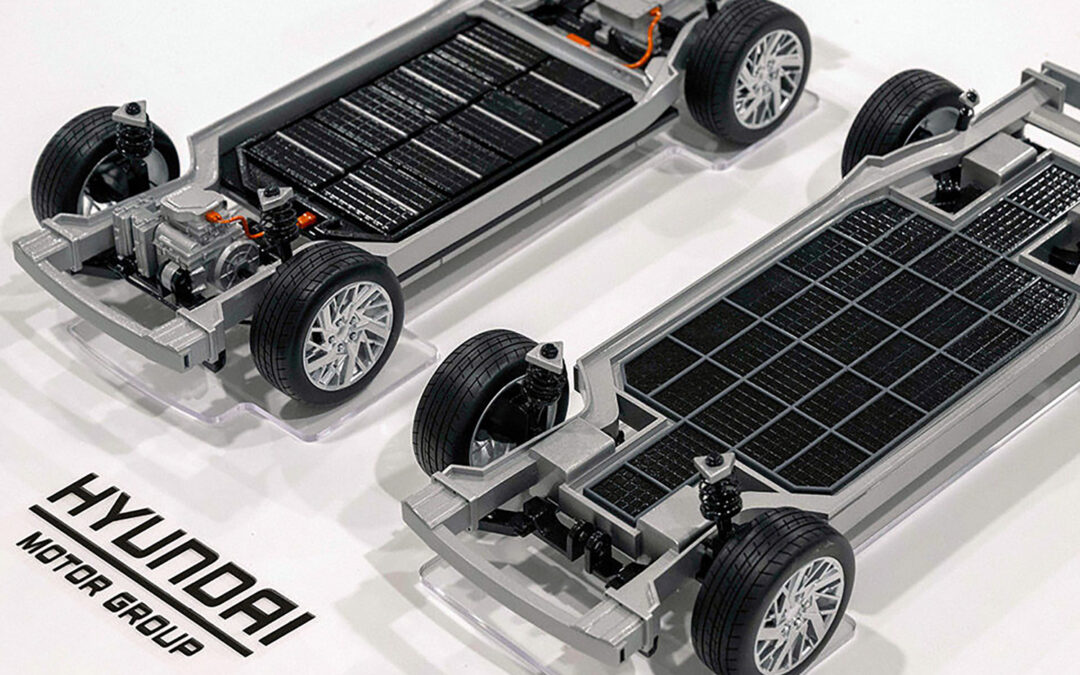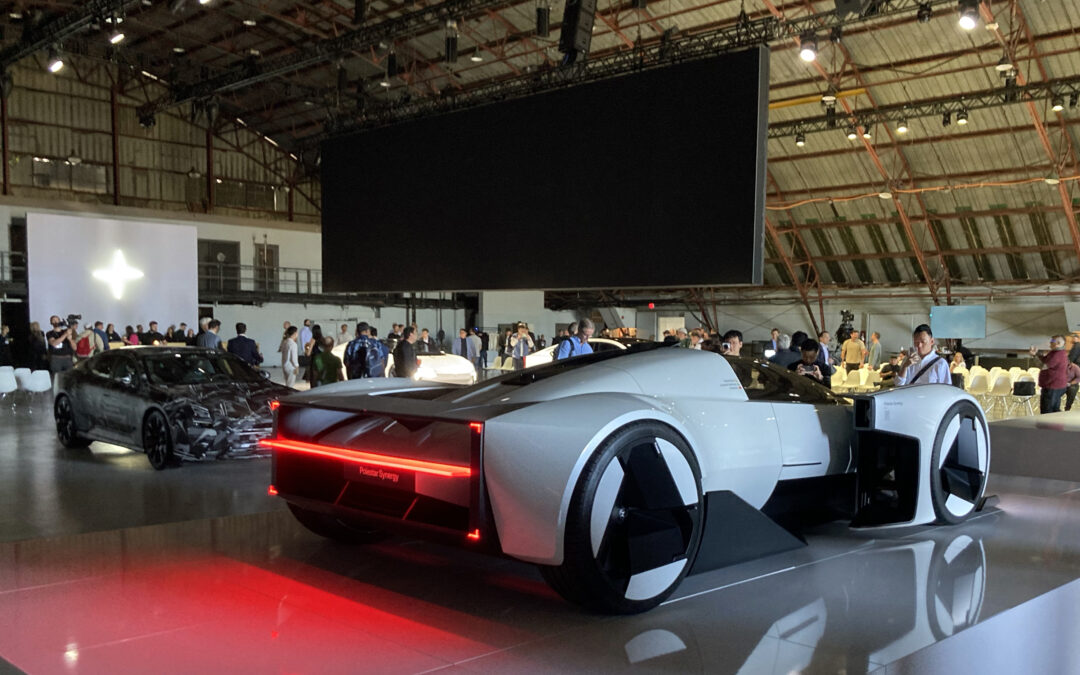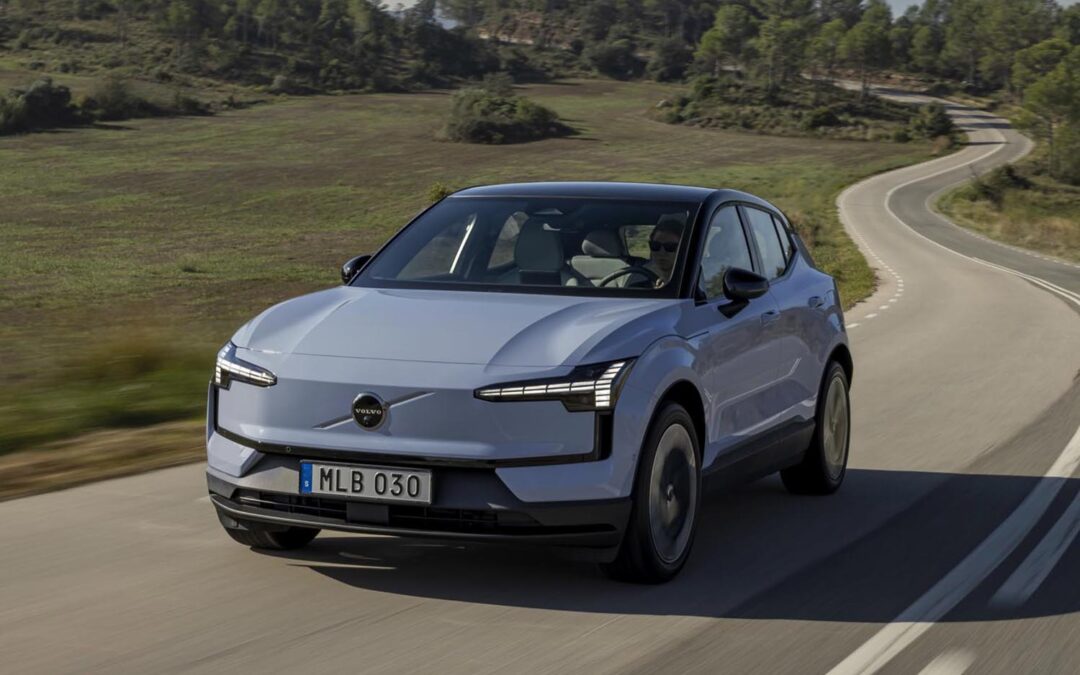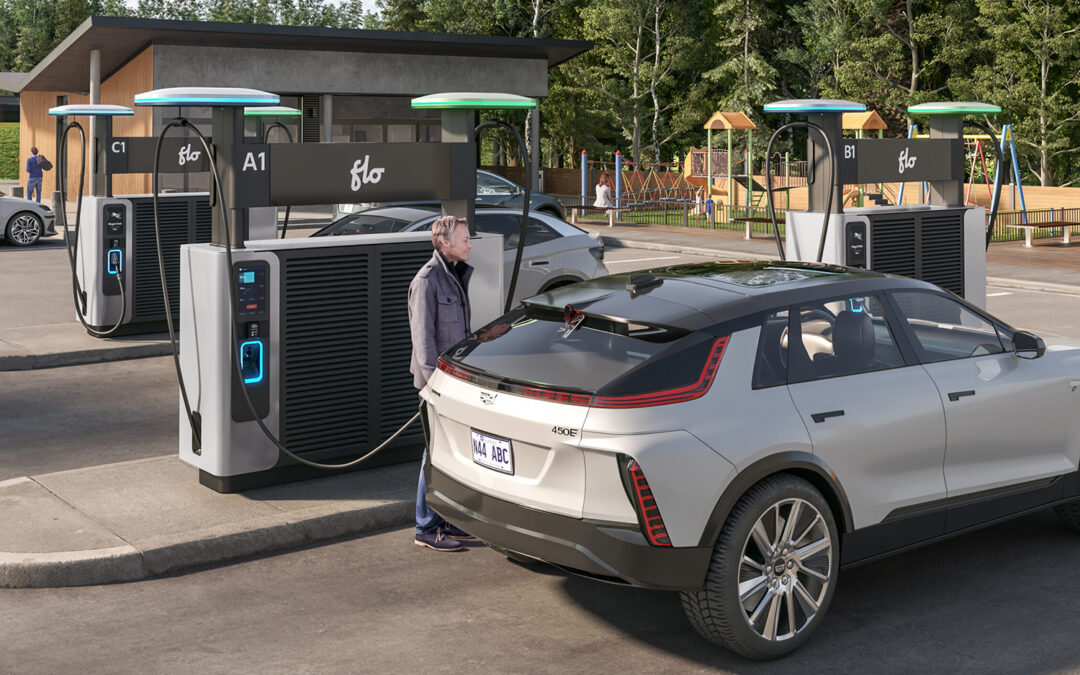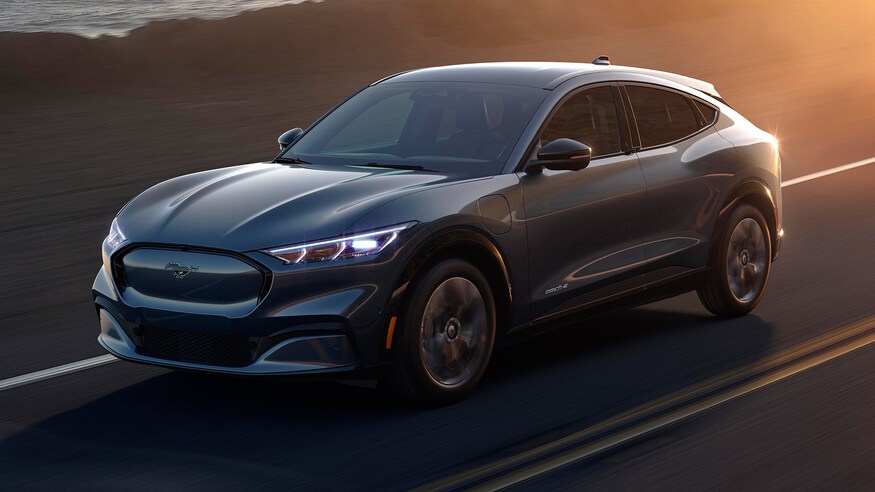Tesla is now the first EV power provider in Canada to bill its charging by the kilowatt-hour (kWh) instead of per minute, according to a recent tweet from the company.
(Can it be called a ‘tweet’ now that Elon Musk has changed Twitter’s name to ‘X’? You be the judge; we digress …).
Up to now, all billing for EV public charging has been based on time. But the problem with that is that charging infrastructure is affected by power issues or problems with the charger itself, meaning that while an EV can plug in to the charger, it may get the full charge speed or it may get a severely limited speed; the billing, however, would remain the same. It’s only fair to bill based on the amount of power transferred to an EV, much the same as home electricity billing works.
Read more: Let’s face it: Canada’s public charging infrastructure sucks
Tesla’s move follows a Measurement Canada’s announcement from six months ago that allowed Level 3+ EV chargers – such as those used in Tesla’s Supercharger network – to bill customers per kWh. Level 2 and Level 1 chargers got approval to have kWh billing in October 2022.
The Charge’s take This shouldn’t be simply an allowance from the Canadian government, it should be an outright mandate to bill per kWh. Tesla’s Supercharger network has proven to be reliable, so it’s no surprise the American automaker has opted to move to kWh billing. But so many other networks across North America are lacking in reliability and billing standards; a move to kWh billing would make it more fair for EV owners, as well as keep these networks more honest about keeping their chargers in good working order.
